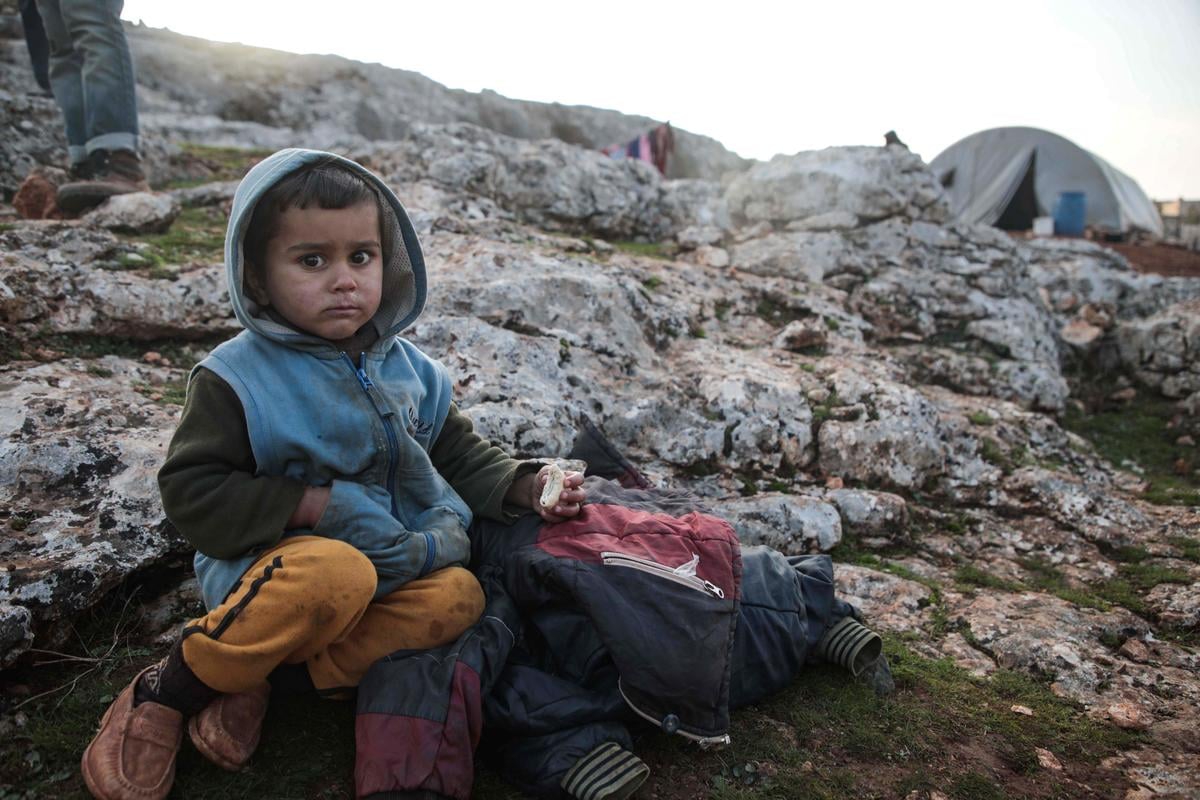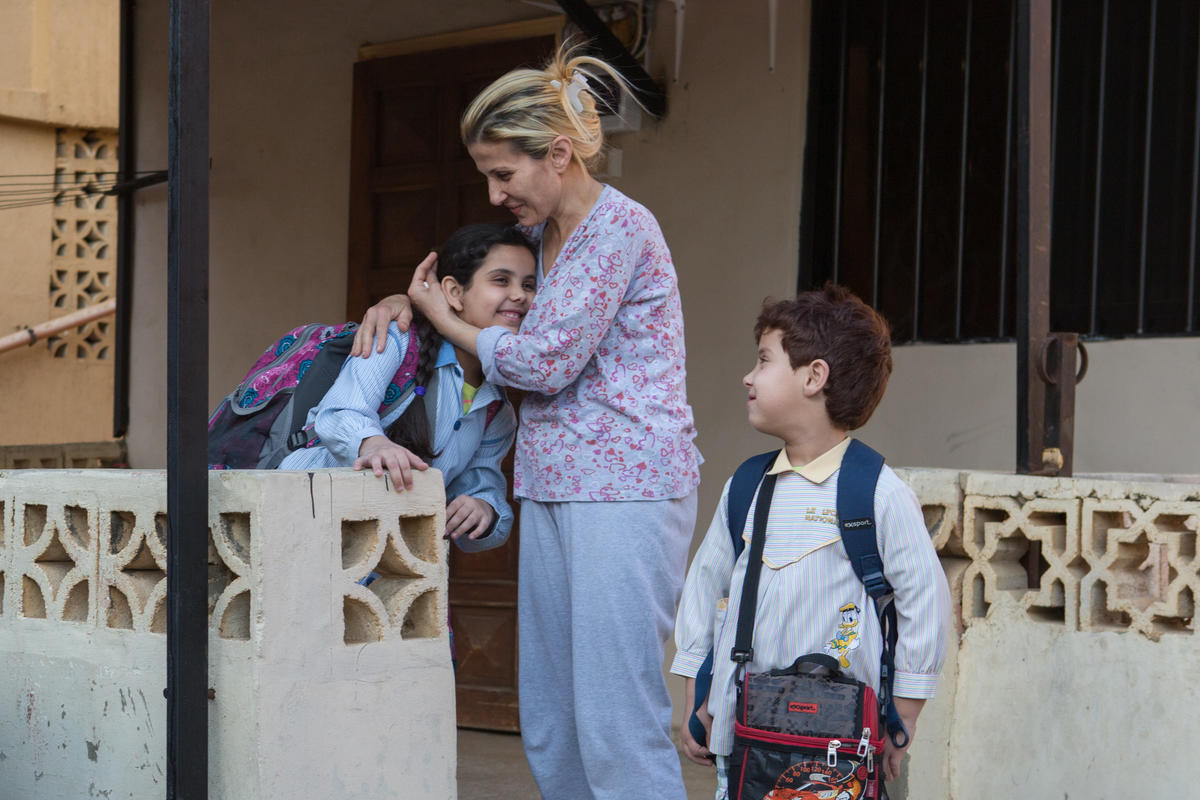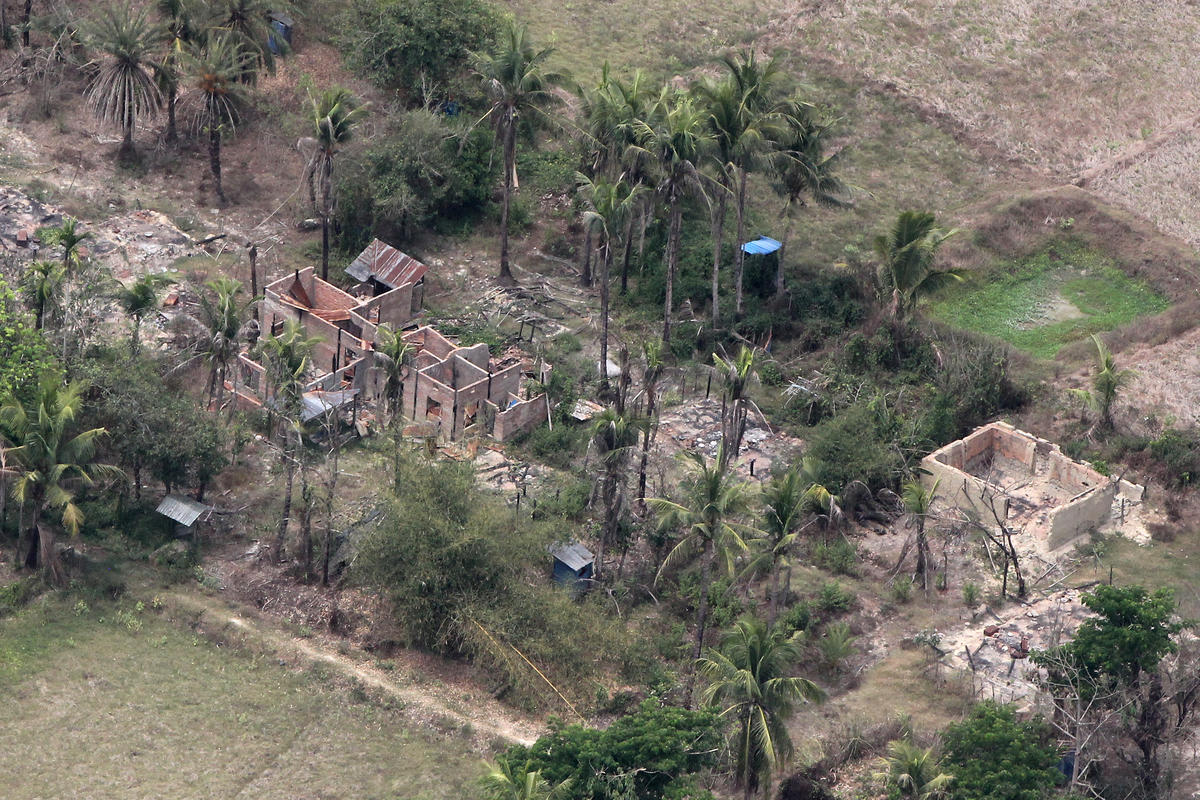UNHCR chief calls for stronger international presence in Chad
UNHCR chief calls for stronger international presence in Chad

N'DJAMENA, Chad, December 21 (UNHCR) - Despite increasing insecurity, High Commissioner for Refugees António Guterres on Thursday pledged his agency's continued support for hundreds of thousands of Darfur refugees and displaced people in remote eastern Chad. But the UNHCR chief said a stronger international presence was needed to protect those affected by the violence and the aid workers trying to help them.
Beginning a two-day mission to Chad, Guterres stressed UNHCR's engagement in the central African nation as it struggles to cope with growing violence and more than 370,000 refugees and internally displaced people.
The uprooted include 232,000 Darfur refugees from neighbouring Sudan and 90,000 internally displaced Chadians in the east of the country, as well as 48,000 Central African Republic refugees in the south.
"I want to show our commitment and our willingness to go on working even in the most difficult security conditions," Guterres told reporters in N'Djamena, Chad's capital, before travelling Friday to strife-torn south-eastern Chad.
Since 2003, UNHCR has operated a dozen remote camps in the east scattered along a vast, 600-kilometre stretch of the arid Chad-Sudan border. The logistics of maintaining these isolated camps has been extremely difficult.
In recent months, that task has been made doubly difficult in Chad because of growing inter-ethnic violence, an armed rebellion and banditry. Guterres described Sudan's Darfur region as the epicentre of regional instability now affecting both Chad and the Central African Republic.
Since early November, some 300 people in eastern Chad have been killed in attacks on more than 70 villages by armed marauders using tactics identical to those of the notorious janjaweed militia just across the border in Darfur. Most of the villages were looted, burned and emptied. Last weekend, attacks on villages in the Koukou Angarana area close to UNHCR's Goz Amer refugee camp in south-eastern Chad left dozens of people dead, including local villagers, refugees and people already displaced in earlier fighting.
In late November, UNHCR lost more than US$1 million in vital aid supplies looted from UNHCR's main warehouse in the eastern town of Abéché following clashes between government and rebel forces.
The violence has forced UNHCR and other aid agencies to temporarily relocate non-essential staff from insecure areas. Currently, UNHCR is able to maintain only skeleton crews in six of the 12 refugee camps in eastern Chad.
Guterres said refugees, Chadian civilians and aid staff struggling to cope with the worsening humanitarian situation in the east deserved all the support they could get, including through a strengthened international presence in Chad. In August, UN Security Council Resolution 1706 called for such a "multi-dimensional" presence consisting of political, humanitarian, military and civilian police liaison in key locations in Chad, including in camps for refugees and the internally displaced. Last week, the UN Security Council expressed its deep concern at the worsening security situation in Sudan and the spillover into Chad and the Central African Republic. The Security Council also noted it was awaiting recommendations on improving security in eastern Chad.
"This is a moment in which a very important decision is taking place ... about the possibility of a presence of a multi-dimensional nature in Chad and the northern Central African Republic," Guterres said. "UNHCR has been clearly advocating in favour of that presence trying to create better security conditions for refugees, for displaced people and for the civilian population."
The High Commissioner also noted that UNHCR was studying a proposal by Chadian authorities to move the refugee camps in the east up to 600 km inland, away from the volatile border with Darfur. A team of UNHCR and government experts visited the proposed sites last week and were preparing a report on "what is possible and what is not possible," Guterres said.
"In any event, it will represent the possibility of major improvement in security, but also an economic challenge because we are talking about the relocation of some 220,000 people," he said.








